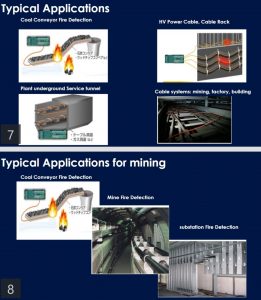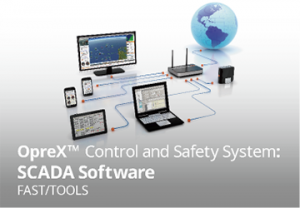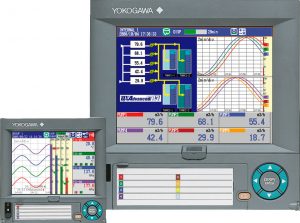
Planning and scheduling systems are meant to support the creation of an optimized and feasible production plan. This is achieved by understanding the limitations of the production process, gathering orders from ERP systems and stock information from the MES layer.
Customer Challenge
As industrial processes become more complex and customer demands are continuously changing, achieving the optimal production schedule now requires more real-time data than can be handled by an individual.
There is great difficulty in generating daily production schedules manually due to high quantity of orders and because of the need for this real-time data. ERP planning modules are not designed for load leveling in process and batch industries, especially when handling constraints, sequence control of production line with constraints, and material simulation.
Constraints are numerous which include set-up time, loading, inventory levels, capacity, staffing, equipment status, and process layout.

Our Solutions
ASTPLANNER & Soteica Supply Chain Scheduler
Yokogawa understands that the vastly different challenges facing discrete and process industries. Based on this, we have dedicated scheduling capabilities to meet the needs of both industries.
ASTPLANNER
ASTPLANNER functions are simple and easy to use. The product is used in several industries including Chemical, Pharma, Electric and Food. Combining several charts to one screen and adjusting work to the dispatch chart has never been easier.
- Easy Chart makes changing schedules and charts clear and easy
- Extended views in work construction, evaluation chart, and work viewer
- Master data editor and master flow editor
- Scheduling High-Performance Engine & Development Components
- Get TOC – Flexible rules – for scheduling rules with bottle-neck processes, users can make rules unique and assign individual methods on their own.
- Information can be shared across a large area – the results of scheduling can be shared with web viewer across the world
Soteica Supply Chain Scheduling
The key for keeping adherence to an optimized plan is to predict, react, and minimize. Our supply scheduling solution allows for great improvements in operability and event management.
We provide future visibility through detailed simulation models of both logistic and unit operations, keeping constantly updated projections of inventories and material properties. These projections are automatically updated in the event of any modification of the operations plan or plant data, allowing the constant verification of the feasibility of the operations and assessing the schedule quality via performance indicators. The simulation engine is equipped with an automatic state event detection mechanism on control variables established by the user, which enables alerting on critical situations such as out-of-range levels and properties, and material degradation by blending.
Our solution enables plant personnel to schedule and simulate operations on an integrated supply chain topological model. From the areas of feedstock reception, tank yards, docks, through unit operation plants, to product shipment. The model includes all relevant equipment and their connectivity. In this way, the simulation of the scheduled operations automatically propagates the effects of these operations along the supply chain, allowing the easy identification of possible imbalances between interdependent operations.
Customer Benefits
Quickly Generate Daily Production Schedule That Is Up-to-date & Optimized and Feasible
By utilizing our in depth and sophisticated tools, human effort and time spent on creating production levels and schedules will be reduced. Leaving these tasks up to the machine enables your staff to focus on higher level thinking. Other benefits include:
- Reduced Lead Time
- Just-in-time Production leads to reduced inventory
- Optimized production plan leads to improved operating rate
- Accurate delivery and end dates for sales people
- Quick dispatching of production order for the production plannner/scheduler





